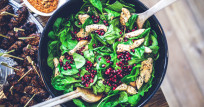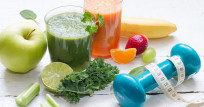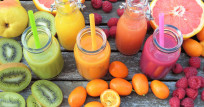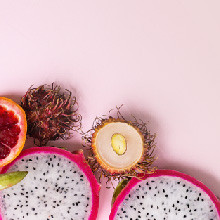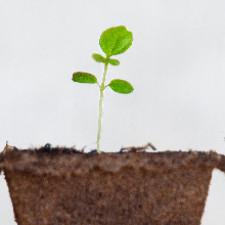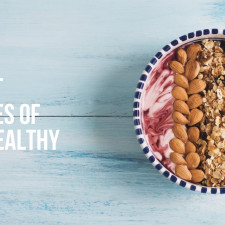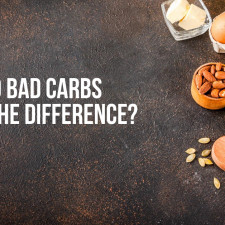Should you avoid processed food?
Food. We can’t live without it. We love it, we need it. But the kind of food we eat determines the kind of life we are living.
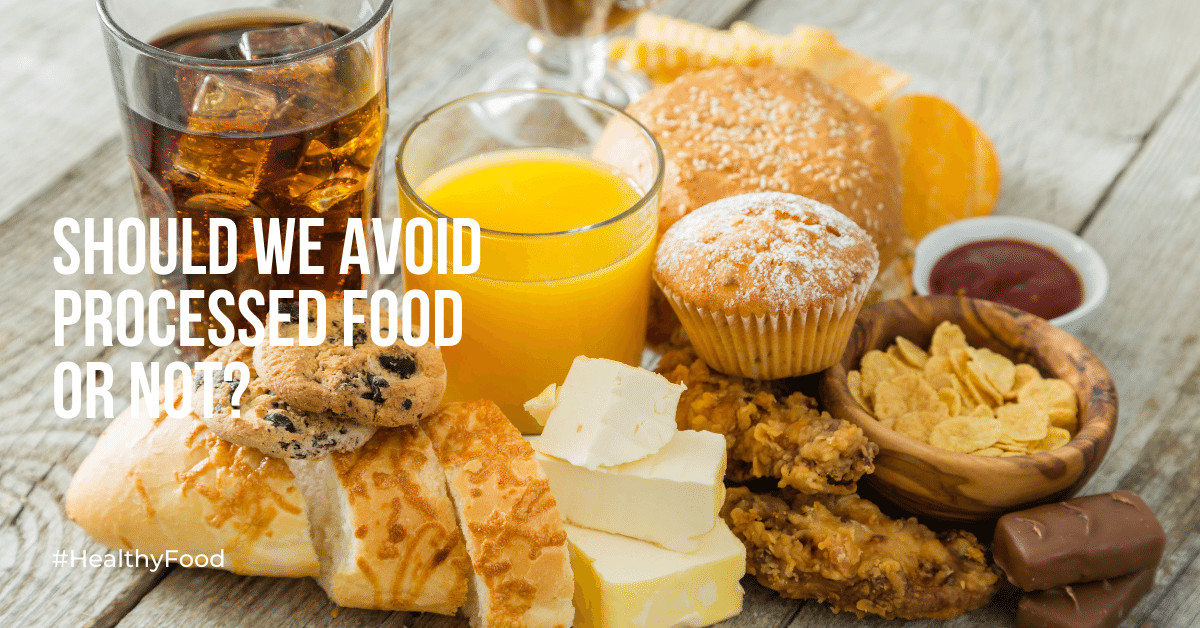
I believe that your overall health and well-being starts in your gut. Your gut affects every system of your body. Dr. Michael Ruscio dedicated his entire career to find and apply practical and science-based advice to improve one’s gut health.
I’m applying his techniques when designing programs for my clients, and almost all of my clients see a big improvement in their overall health and faster weight loss.
I’m an example of this. I’m struggling with my gut health at the moment. My gut problems are affecting:
- my hormonal imbalance,
- my digestion and nutrient absorption,
- my metabolism,
- and my sleeping patterns.
It's like a domino effect. Once my gut started to fail, everything else was falling with it. I exercise every day, I eat healthy and balanced food, I practice mindfulness. Yet my body and my emotions do not match that.
But enough about me, let’s get back to processed food.
I’m not going to tell you that processed food is bad, or good for that matter. I’ll let you decide!
I do want you to understand what you are feeding your body, and how it affects your overall well-being, health, and vitality.
What is processed food?
To avoid any confusion - most of our foods are processed in some way and not all processed foods are bad and unhealthy.
Our food gets processed in two ways.
1. Mechanical processing grinding meat, heating or freezing vegetables, or pasteurizing. This method does not necessarily make foods unhealthy. To be sure, always read the label with all the ingredients.
If the processing does not add chemicals or ingredients, it does not tend to lessen the healthfulness of the food.
2. Chemical processing this method requires adding of chemical flavoring agents, stabilizers, colors, and sweeteners. These foods, also called ultra-processed foods, tend to be high in sugar, artificial ingredients, refined (bad) carbs, and trans fats, hence they have a very little nutritional value.
In recent years, chemically processed food intake has increased dramatically, all over the world.
Would you believe me if I told you, that these types of food now form 25-60% of a person’s daily energy intake throughout much of the world? I find it fascinating. And scary.
I understand the appeal though. And the convenience of these types of food.
Chemically processed (sometimes also called ultra-processed) foods tend to taste really good and are often inexpensive.
If you are forced to live on a budget, sometimes these types of food are your only choice. I lived in a house with no electricity and water for 6 months during Slovakian winter. I really do understand. However, I grew my own vegetables as much as I could so at least I had something fresh to eat.
In any situation - we have a choice.
When compared with whole foods, chemically processed foods are sometimes called “cosmetic” foods.
Some examples of cosmetic foods include:
- prepackaged frozen or ready meals
- baked goods like pizza, cakes, and pastries
- packaged bread
- processed cheese products
- breakfast cereals
- crackers and chips
- candy and ice cream
- instant noodles and soups
- reconstituted meats, such as sausages, chicken nuggets, fish fingers, and processed ham sodas and other sweetened drinks and juices
So yes, these foods taste good! However, they usually contain ingredients that could be harmful if consumed in excesses, such as saturated fats, added sugar, and salt.
These foods also contain less dietary fiber and fewer vitamins than whole foods.
Let's look at them in more detail.
1. Processing removes nutrients
Our supermarkets are full of convenient packaged foods that appeal to our taste buds and eyes but compromise our nutrition. Because most of these foods' natural nutrients are removed in the refining process, we need to get them elsewhere. Always, always read the packaging label to see what you are about to put in your body.
2. Processed foods have additives
Any standard diet relies heavily on processed foods that include artificial color, additives, flavorings, and chemically-altered fats and sweeteners. These additives and chemically altered substances may be giving our bodies the wrong signals, instead of the information they need to function properly. It also prolongs the shelf-life. If something doesn’t go bad for 2 or more years, what does it do to your stomach?
3. Even "natural" foods have fewer nutrients
Our food is not the same as it was 20 years ago. Nutrients in the soil have been depleted, so food grown in that soil has fewer nutrients. Chemicals are increasingly used in raising both plants and animals, particularly on huge industrial farms that specialize in a few products. I grew up on a farm myself, surrounded by organic food. Vegetables my dad is growing now do not taste as good as when I was growing up. That’s just a sad fact.
4. We are eating less variety of foods
Ironically, while 17,000 new products are introduced each year, two-thirds of our calories come from just four foods: corn, soy, wheat, and rice. Isn’t that interesting?
5. We eat for convenience, not pleasure
We tend to eat for convenience and speed, not health and pleasure. Our fast-food options, hawker stalls, and food centers also remove us from the pleasures of creating and savoring a wonderful meal, and our fast pace often prevents us from connecting over a good, slow meal.
Bottom Line: So now that you read this, what is your conclusion? Yay or nay? I know that “what can I afford” plays a big role in deciding. Make the right choice for yourself and your loved ones.
Your concerns are valid. We teach our clients not to make sacrifices, but better choices. Me and my team are helping our clients to find their big ‘why’ (as ‘why’ do I want to do this) that will make the decision making process easier and sustainable.
I know YOU CAN! Do you?
-
Marcela CmarkovaLifestyleCoaching€ 1,42 pm
-
shivam rodhiyaHealth & fitness€ 0,59 pm
-
Rose Marie NelsonLife Coach€ 2,09 pm
-
Jose W.Digital marketing€ 2,50 pm
-
Desri GoodwinWellbeing coach€ 1,25 pm
-
Dalya SalmanTutor, Healthcare€ 0,53 pm
